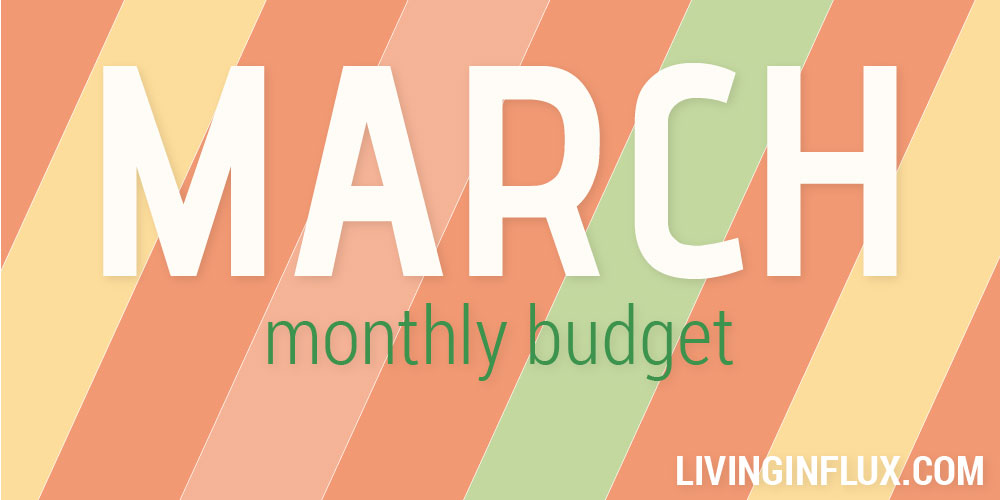Books on Personal Finance
Books take a little more time investment than websites or podcasts, but they can be good places to go for foundational theories and concepts relating to personal finance. Here are three books that are good primers for personal finance.
The Total Money Makeover by Dave Ramsey
The Money Class: How to Stand in Your Truth and Create the Future You Deserve by Suze Orman
All Your Worth: The Ultimate Lifetime Money Plan by Elizabeth Warren and Amelia Warren Tyagi
Personal Finance Websites, Blogs & Forums
Get Rich Slowly
Get Rich Slowly (www.getrichslowly.org) is a great place to go to learn about a variety of personal finance topics. The underlying philosophy of the site centers around building wealthy slowly, but steadily over time.
Ready For Zero Blog
Ready for Zero is a company that offers apps and services to help people manage and reduce their debt. On their site, they have an excellent blog (www.readyforzero.com/blog) that covers topics relating to debt reduction, but also more broadly to personal finance. I’m always impressed by the depth and timeliness of the articles they produce.
Mint.com Blog
Mint.com, the website that allows you to easily track your money in one place, has a great blog that covers a wide variety of personal finance topics. The
Wisebread
Wisebread (http://www.wisebread.com/) is a site that broadly focuses on personal finance and frugal living. They have a broad range of articles: from review of products to life hacks to ideas to save money. Since it’s so widely focuses, it’s a good site for those who are new to personal finance.
Reddit’s Personal Finance-related sub-reddits
I’m a sucker for a good Q&A. Reading books and informational sites are helpful, but they can sometimes veer into the theoretical rather than the practical. One thing that I like about reading Q&As and forums is the wide variety of real questions and problems that people bring to the table. I enjoy perusing reddit’s r/personalfinance and r/frugal for just those reasons. Keep in mind, however, that you need to be judicial in taking advice from internet strangers.
Personal Finance Podcasts
I’m relatively new to the podcast world, but there are two that I regularly listen to that are good resources for personal finance newbies.
Suze Orman
The Suze Orman Show appears on CNBC every Saturday night at 9pm. I’m personally terrible at remembering to tune in at that time every week, so I usually catch up with the episodes via her weekly podcasts available on iTunes. Every week, Suze’s episode is made available via podcast.
Dave Ramsey
Dave Ramsey has a daily radio show where people call in and ask him about a wide variety of financial topics. The show runs for two hours each day and you can listen to his live show or daily archives on his site. He also makes podcasts available via iTunes. Of the three, I tend to listen to the podcasts, since they are 1 hour and seem to be more highly edited than the daily radio shows.
Tools & Apps to Help You Manage Your Money
If you aren’t already doing something to track and manage your money, you have no excuses! There are a ton of free resources out there to help you keep a good pulse on your financial situation. Below are some of my favorites.
Mint.com
Mint.com is a great resource for viewing all of your financial accounts in one place. It allows you to categorize purchases, set a budget, and set and track goals. One of my favorite features is that it allows you to visualize all of your personal finance activity – you can create charts that visualize your net worth over time or see what categories you spend in most. And best of all… it’s free!
Credit Karma
Credit Karma is a website that allows you to estimate your credit score and get a general sense for how well you are doing and how you can go about improving your credit score. I use Credit Karma in conjunction with pulling my free credit reports to monitor my credit activity.
Ready for Zero
As mentioned above, Ready for Zero is a tool that allows people to track and manage their debt. It’s like Mint in that you can pull multiple accounts into one place, but it’s different because it’s features and functionality specifically cater to those who are trying to reduce their debt. You can set a goal, track your progress and even have Ready for Zero help you manage your payments.
Unbury.me
Unbury.me (or the better-designed Unbury.us) is a calculator that helps you determine how long it will take you to pay off your debts. You enter your debts into the calculator, including the balance, minimum payments and interest rates and Unbury.me estimates how long it will take to pay off the debts. You can edit the amount you plan to pay each month and the method of payment (avalanche vs. snowball) to help estimate how much time and money you will save by paying extra each month.
Ready, Set, Learn!
So there you have it! A number of personal finance resources to get you on your journey to financial health. As I said at the beginning of the post, learning how to manage your money is an ongoing process. Lifetime learning people! No matter where you are in your personal finance journey, there’s no better time to start (or continue) learning than now!
Of course, this is just a scratch on the surface of things you can and should consult. If there is anything in particular that you think is a good resource, feel free to suggest it in the comments below.



